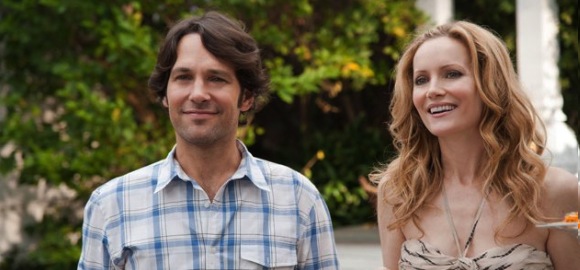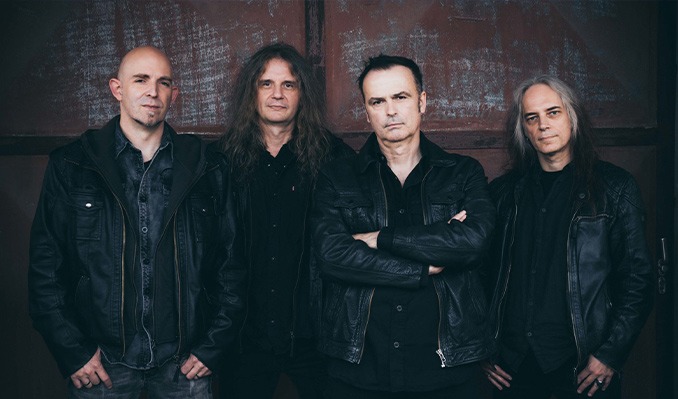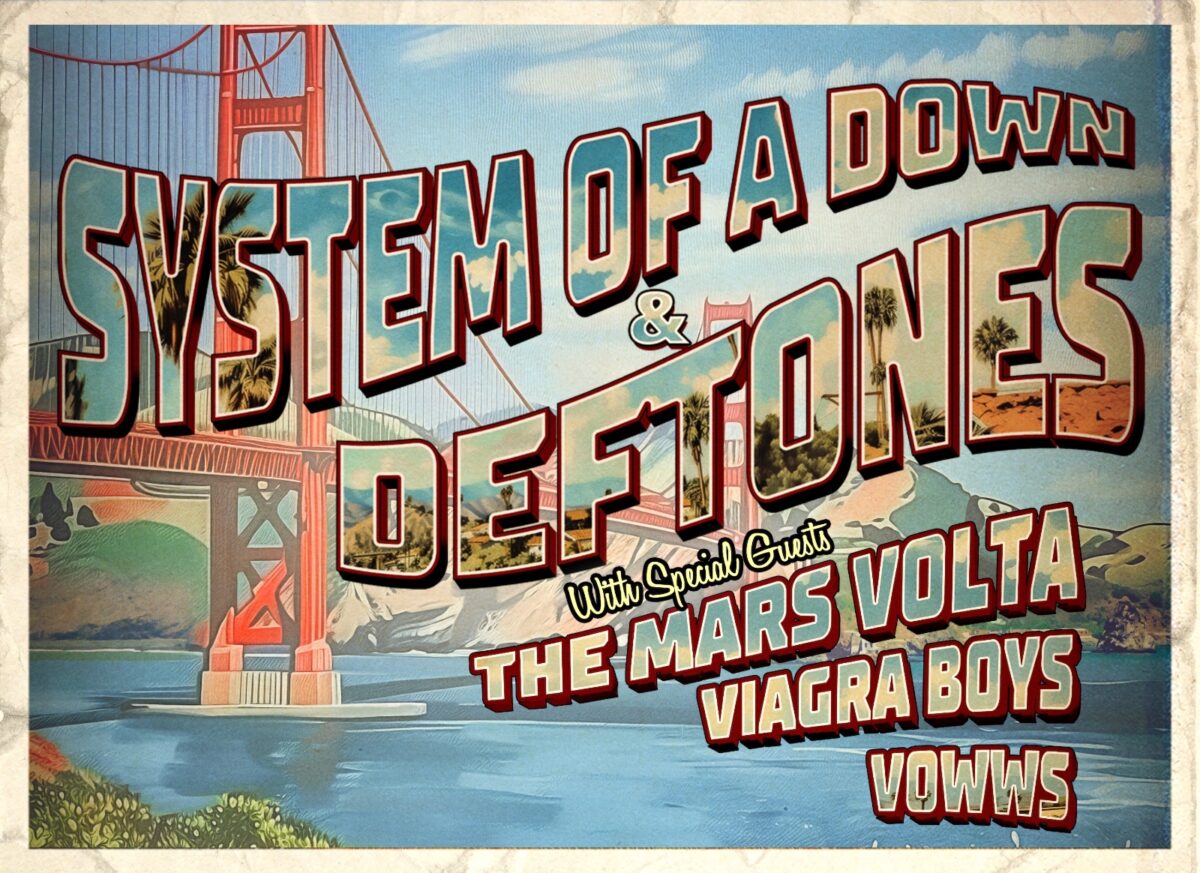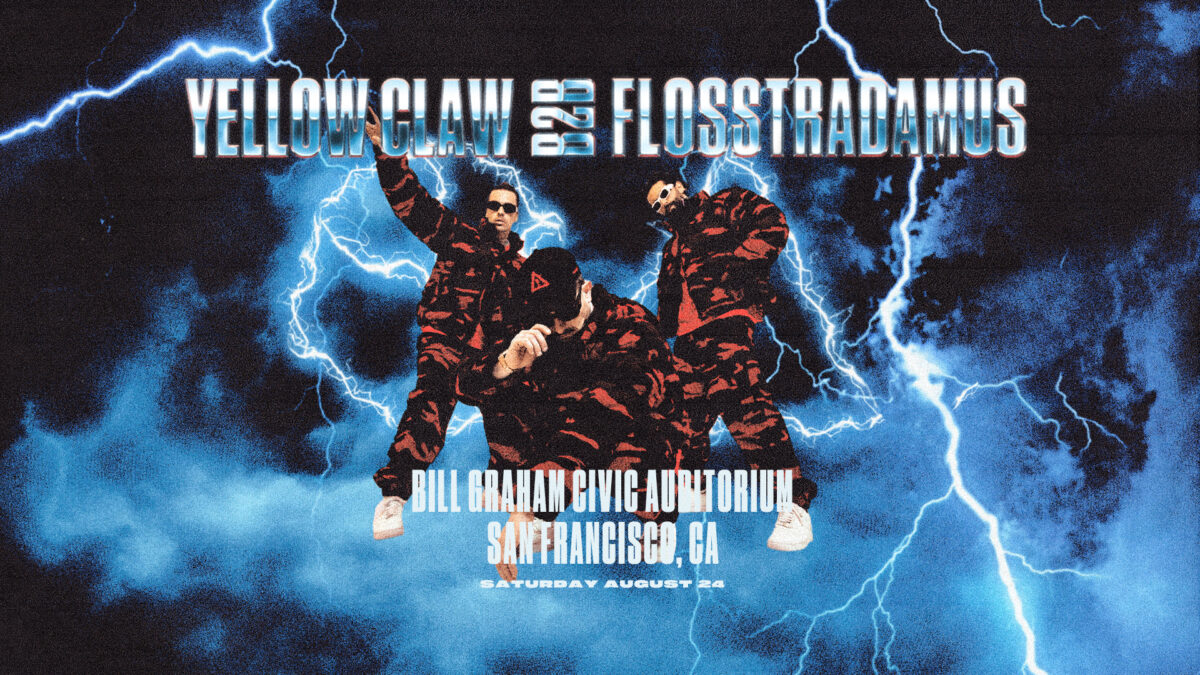Movie Review: This is 40
Judd Apatow’s new film finds him meditating on mid-life crises with excruciating, and surprising, reality but with delightful results.
Judd Apatow’s films have gotten increasingly existential and loose fitting over time. Funny People finally took the plunge from potty-mouthed romantic-comedy to even further lengths, quite literally as it neared two and a half hours. For some it was an unprecedented move, marking Apatow as a true auteur and not just a gifted writer and funnyman. For others, it was a bloated manifestation of his increasing indulgences without any regard for pacing, story or viewer satisfaction. For those in the latter camp, This is 40 may not dissuade that notion. For the rest, it furthers his style in a way that’s hardly ever been done in comedy. Many have called Apatow the new James L. Brooks, and it’s an apt comparison. There’s a similarity in the way both tread the romantic-comedy genre but infuse it with more depth, emotion and humor than is normally found in the genre. But with his new film, Apatow actually seems to have more in common with the master of independent film, John Cassavettes.
Cassavettes’ name has been thrown around a bit since even before Funny People because Apatow’s films, which infamously welcome improvisation and in-the-moment dialogue, recalls the formless films of the auteur. Like Cassavettes, Apatow’s films have a theme or goal that he’s working towards but that don’t necessarily translate into a linear plot. That’s definitely the case for This is 40 which attempts, and ultimately succeeds, in transgressing the issues of middle age and decades of marriage but which doesn’t boil down to one conflict. Of course, there are conflicts and, if the film could be described as such, it would be the deteriorating marriage of Pete (Paul Rudd) and Debbie (Leslie Mann) and how their midlife crises affect their children, 13-year-old Sadie (Maude Apatow) and 8-year-old Charlotte (Iris Apatow). If those names and characters sound familiar, it’s because they are. Originally introduced in Knocked Up, the family already acted as an alter-ego of Apatow’s real family. Billed as a “sort-of-sequel” to the film makes sense not only in the re-introduction of the characters but also because whereas the former film touched upon the act of falling in love and beginning a relationship, This is 40 examines it twenty years later. However, any other links between the two are thin, save a quick mention of Ben (Seth Rogen’s character) and the return of Jason Segel as Jason, the quasi-creepy friend of Ben’s, only this time he’s less stoner and Debbie’s trainer with a penchant for the spiritual.
While some will find the overall lack of form to be aimless, Apatow wants to capture what marriage and family life is actually all about. It’s not about facing challenges, overcoming them and wrapping it all up with a nice bow. It’s a process, and that’s what he’s able to capture in this film. He presents all the truth of marriage and all of it’s ups, downs, ugliness and bliss. However, this is a film and the film has to keep moving forward, towards some goal. He does this by giving the characters their own individual crises to deal with, Pete’s being the slow failure of his record company due to his signing of what he likes, not what necessarily sells. His current signing of 70’s cult pub-rock figure Graham Parker, reuniting with his band The Rumour, is certainly a great band but that doesn’t always translate into sales. Debbie’s troubles mostly stem from her refusal to accept that she’s forty and no longer young, which is complicated by the young, hot employee at her clothing store Catherine (Megan Fox), who represents all that she still wants to be. On top of that, she realizes twelve grand is missing from the books which only further complicates the money struggles Pete is already having. On the surface these seem like simple, in Debbie’s case existential, issues that while somewhat serious could be rectified. But real life isn’t so simple. Pete and Debbie don’t always communicate, which is a main point of the entire film if not marriage, and that only complicates everything.
In the mix is also their extended family in the form of Apatow’s real children who can’t help but be affected by the turmoil in the household. This is especially true for Sadie who’s going through puberty and at the point where she’s beginning to become her own person and figure out her own path in the world. Their influence on her and Charlotte only adds more guilt-fuel to the fire. But the older generation is also represented in the fathers of both, with Albert Brooks filling in as Pete’s financially challenged father Larry, who’s constantly guilt-tripping Pete into another loan, and John Lithgow as Oliver, Debbie’s mostly absent dad. Both Lithgow and Brooks steal every scene they inhabit and their characters only manifest further the complicated relationships of families in general. Whereas Larry appears to be a drain, especially financially on the family, he’s also a constant presence in their lives. Oliver may not be mooching of of them but he’s certainly created some emotional damage in Debbie as he basically abandoned her and began a new family.
It’s also as funny, if not funnier, than any of his previous films, and like those has a litany of cameos, the most memorable by Melissa McCarthy as a parent of Sadie’s classmate who’s foul-mouthed tirade during a school meeting is perhaps the funniest scene in the entire movie. But what Apatow is craft a film that gets to the root of marriage, family and relationships that few films, especially comedies, ever do. In that sense alone it’s a refreshing breath in the Hollywood world. And while the film, which does clock in at over two hours, may feel as if it’s moving towards nothing it ultimately wraps in a satisfying way without feeling the need to resolve every issue. It’s definitely a film that will be revisited over time and will be re-examined, for better or for worse. But for now it’s an honest look at life that happens to be hilarious.
Rating: 4 out of 5








